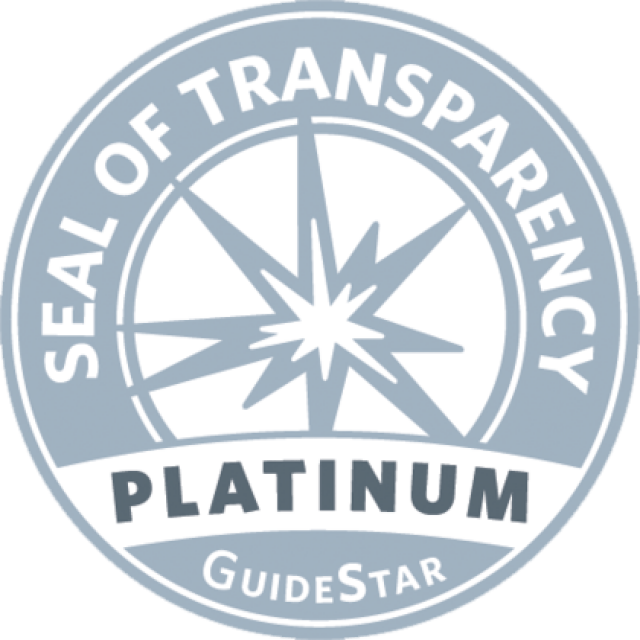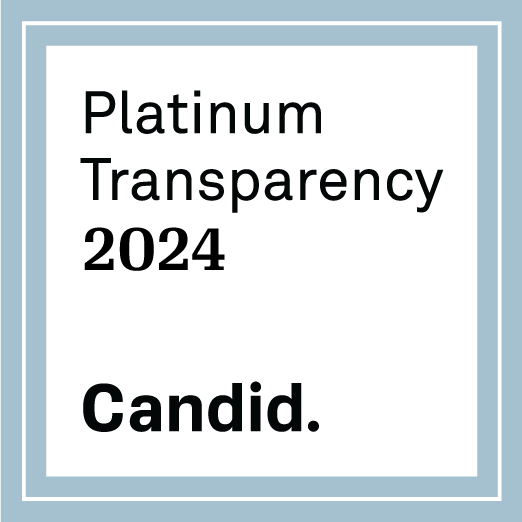Humanity's Team
BLOG SUBMISSION GUIDELINES
INTRODUCTION
Greetings! We are excited that you wish to submit a piece of your writing to our Humanity’s Team blog! We know that you’re already making a profound difference in the world, but by writing for Humanity's Team you will have the opportunity to reach even more people and with that, change even more lives in profound and meaningful ways. Listed below are our guidelines for the Humanity’s Team (HT) blog.
CONTENT & WORD COUNT
What are we looking to post on the Humanity’s Team blog? We encourage submissions covering a breadth of topics including healing, health, and wellness, spirituality, change and transformation, personal growth, happiness and well-being, purpose and passion, and general advice on living a more fulfilling and conscious life. Reach out to Karen Weissert at
[email protected] for a keyword list to work from.
- Please submit articles that are between 1500 and 2500 words.
- Your article must be original which means never before published anywhere - this includes your own website or personal blog.
- The article must be easy to read and understand. Aim for a Fleisch Kincaid readability score of 8 or lower. Check the readability score of your article here.
- Please include a targeted keyword that is incorporated in the title, subtitles, and body of the article (e.g., conscious living, mindfulness, holistic healing, etc.).
- Please carefully considerwhat has already been posted on our site to avoid any overlap or redundancy. We are looking for different perspectives and unique experiences on similar topics. Your post should bring a fresh point of view on the subject.
- We do not accept articles that are self-promotional or linked to an outside site. Please avoid references to your coaching practice, book, speaking tour, etc. within the article.
- You can provide a short author's bio, one or two sentences in length, but please do not link to outside sites, including social media or your own website. It is acceptable to mention books that you’ve authored in your byline.
If your post is published, you will retain control and ownership of your writing, and we will be happy to remove it upon your request. We will link to our programs, other blog entries, HT podcasts and free webinars, or Humanity Stream+ programs as a call to action at the end of your article.
All submissions will be verified for originality using a tool called Plagium.com.
VOICE
“Voice” is a writer’s unique style. Writers sound different because they use different elements of written communication—diction, sentence structure, punctuation, the architecture of the main ideas—in different ways. These elements, and how they’re used, constitute a writer’s voice. If you read text from different writers, you should be able to tell them apart based on voice.
When you’re writing on behalf of Humanity’s Team, you should follow a few basic rules to communicate in our voice:
1. Clear
Clarity is our first priority. We want to keep it simple. We write in plain English and try to keep it short. Clear writing doesn’t mean dumbed-down writing without nuance. It means clear, concise language that makes complex ideas easier to consider. Clear language simply makes complex ideas easier to consider.
2. Conscious and Urgent
Consciousness is front and center of everything we do. As a team, we are working to make conscious living prevalent on Earth by the year 2040. With this in mind, we bring the theme of consciousness and conscious living into all of our work. We are urgent about the issues and the answers.
3. Optimistic and Loving
We choose a resonant language of loving communication when expressing our ideas. We are optimistic about Earth’s future. We choose words that promote connection and authentic harmony and refrain from using any negative language in our communications.
4. In Active Voice
We write in the active voice rather than passive. You can change a passive sentence to an active one by simply moving the actor in the sentence from the end of the sentence to the beginning of the sentence. Here are a few examples.
Passive: My appendix was taken out by my doctor.
Active: My doctor took out my appendix.
Passive: The ball was being chased by the dog.
Active: The dog chased the ball.
5. Shorter is Better
Short is good. That is, as long as you don’t cut out any meaning. We prefer short sentences and paragraphs that contain adequate meaning and purpose because they are generally easier to read and understand.
Writing succinctly is more difficult—it actually takes longer to write something shorter. The French scientist Blaise Pascal once wrote to a correspondent, “I would not have made this letter so long except that I do not have the leisure to make it shorter."
Revising for length forces you as a writer to be a sharper thinker. By cutting out the unnecessary words and irrelevant ideas, you make life easier on your reader and come away with a better sense of what you’re trying to convey. It’s a win-win.
6. Write Like You Speak
When you write words that no one says in conversation, you make your readers do a double take. They stop thinking about the ideas you’re trying to communicate and focus on what is confusing them. Instead, stick to a conversational tone. We prefer to refer to ourselves in the first-person plural (we, us), and we don’t shy away from using the second-person pronoun (you), to give the impression that we’re in a dialogue with our readers. We also use contractions in our writing, because people use contractions when they’re speaking.
Questions to Ask Before Submitting
- Does my article have a strong and catchy title that contains a keyword or keywords? For best search engine optimization titles should be no longer than 45 to 65 characters in length, or 1 to 6 words. And subtitles should be no longer than 5 to 7 words and no longer than 42 characters.
- Does my article meet all of the criteria outlined here?
- Is my article inspiring, motivating, encouraging, comforting, or empowering?
- Is my article succinct, straight to the point, easy to follow, and fun to read?
- Am I offering readers actionable tips? (if applicable)
- Have I given proper attribution for quotations, data, and other third-party sources referenced in the article?
- Is my article properly formatted to my specifications?
- Has my article been carefully edited for grammatical errors and improvements? Have I given it to others to proofread or review? Has my article been carefully edited for grammatical errors and improvements? Have I given it to others to proofread or review?
Please be aware that we reserve the right to edit and alter your blog post to meet our guidelines, or refuse to publish your post if it is not suitable for our audience. We will let you know if either of these situations occurs.
Basic Formatting Requirements
All text is in Arial font. Use Arial 20 for headlines, Arial 16 for subheadings, and Arial 11 for text. All paragraphs are spaced 1.5 lines per paragraph with an additional space after each paragraph.
Please send your article as a Word document or Google Doc attached in your email. We will add an image and links to additional content on the HT website. If you have included an image or images, you must provide credit for the creator. We will consider images as part of an article but we retain the right to remove or replace images with ones we consider more appropriate.
Any submission that requires significant editing will be returned for author review and approval prior to publication. By submitting to Humanity's Team you acknowledge that you accept our terms, and any grammatical editing that might occur on behalf of our editors.
While we cannot respond to every submission we can assure you that each one is carefully read and reviewed. If your post is accepted, we will let you know as soon as it is live (it may take up to several months for your article to be published, due to the number of submissions we receive).





